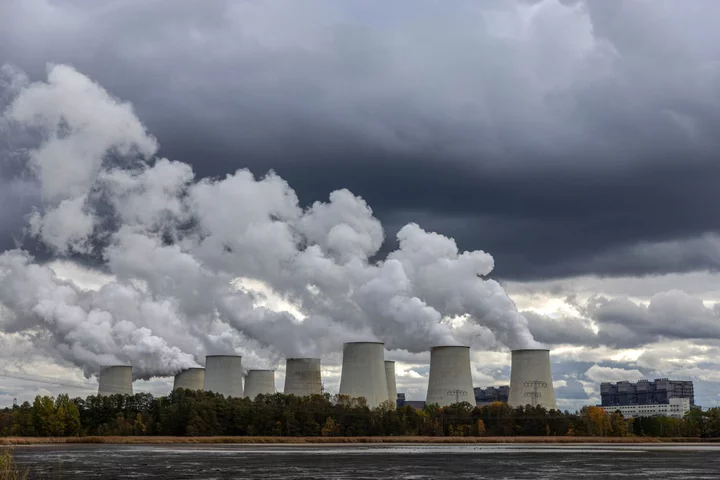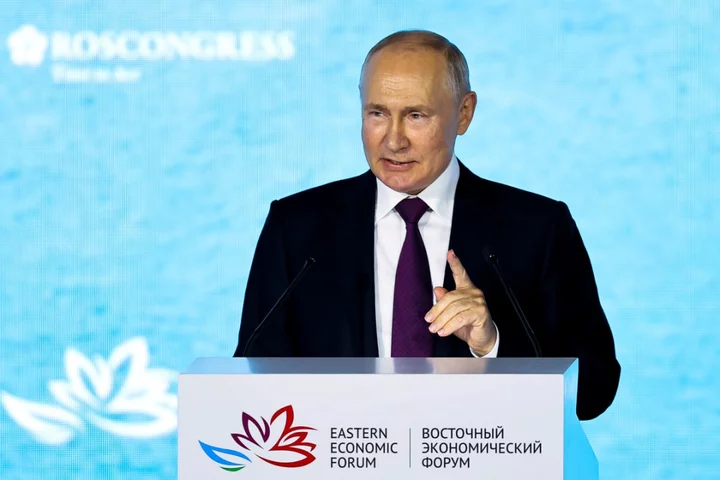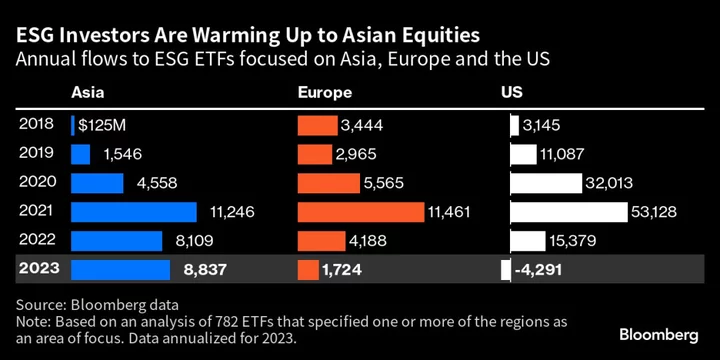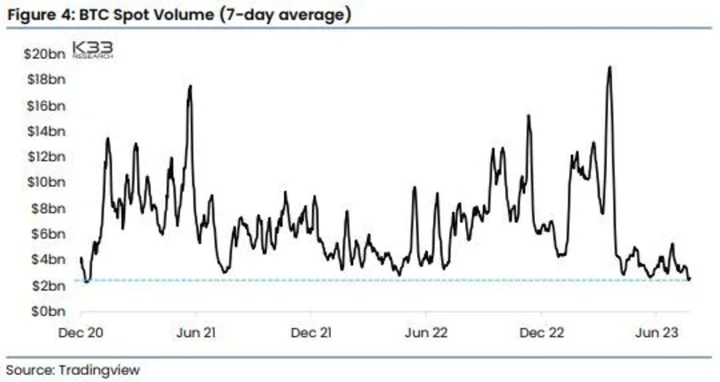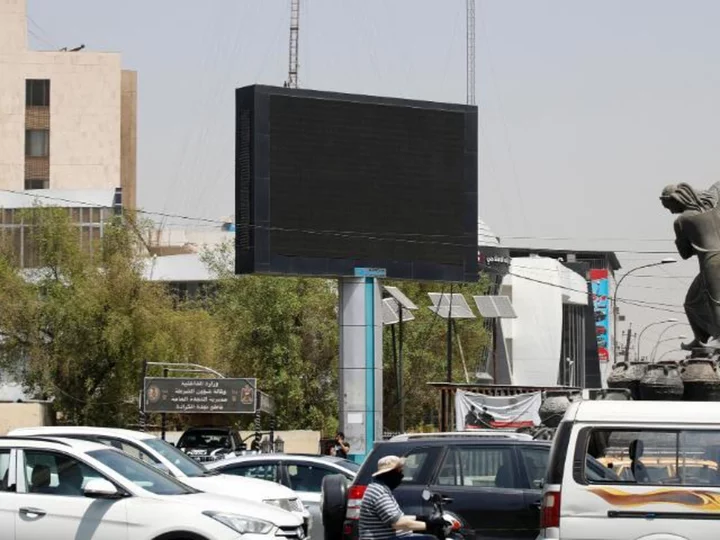The price of carbon is going up. While no one knows exactly how high it will go or how quickly, money managers are beginning to assess the impact of rising costs on their equity investments.
Invesco Ltd. now tests its portfolios under a range of carbon prices from less than $10 a ton to more than $100. At Morgan Stanley, the sustainability research team is monitoring carbon regulations that are likely to inflate costs for companies. Meanwhile, Fidelity International Ltd. has started to account for Europe’s impending taxes on carbon-intensive imports.
Political debates about ESG aside, the rising price of carbon is a growing threat to returns. Half of the earnings for companies in the MSCI World Index are at risk of declining if global carbon prices reach $100 a ton by 2030, according to estimates by researchers at Lombard Odier. As of now, the price of carbon is less than $30 a ton, but Europe’s new tariffs on carbon-intensive imports may hasten an increase, the Swiss asset manager said.
Europe’s so-called carbon border adjustment mechanism, or CBAM, is designed to create a level playing field by making sure that imports of certain goods are subject to the same carbon prices as domestic producers pay in Europe. While it doesn’t take full effect until 2026, CBAM will likely “promote the rise and convergence of carbon prices towards the EU’s level,” which is about €75 ($82) a ton, Lorenzo Bernasconi, Lombard Odier’s head of carbon solutions, said in a report.
For companies, there’s a potential double whammy, as higher carbon prices mean higher operating costs and the CBAM tariffs mean higher expenses for importing carbon-intensive raw materials into Europe.
Read More: How EU Will Charge for Emissions Outside Its Borders: QuickTake
As CBAM takes shape, “we are starting to build into our model how this additional tax is going to impact” future cash flows, Flora Wang, Fidelity’s head of stewardship in Asia, who’s also a portfolio manager, said in an interview. As a result, she said Fidelity is reconsidering whether to invest in a big Chinese manufacturer of fertilizer and pesticides, one of the first industries subject to the new import taxes.
Wang didn’t name the company. It has strong fundamentals and a near-monopoly, but a lot of its feed material is tied to coal refining, which means high emissions, and a big market of this company is in Europe, she said.
CBAM is prompting other countries to consider enacting their own measures. The UK is weighing a similar mechanism, while others plan to raise carbon taxes rather than lose tax revenue to Europe.
“We’re seeing more and more emissions trading markets across the globe, which is putting an explicit price on carbon emissions for a lot of the companies,” Wang said. “That goes directly into the cost structure of a lot of companies we’re investing in.”
Tim Chan, Morgan Stanley’s head of sustainability research for Asia-Pacific ex-Japan, said he and his team are watching Europe, because if its tariffs are “successfully implemented, then there would be more incentive for China and Japan to gradually have a higher carbon price.” Both countries currently have local emissions trading schemes, though volumes and prices remain relatively low.
At Invesco, the firm has begun inputting a range of carbon prices into its aggregated investment portfolios to simulate different future scenarios, said Alexander Chan, Asia-Pacific head of ESG client strategy. As carbon taxes and policies take off in Asia, “there are material risks” for investors, he said.
--With assistance from Ewa Krukowska.
Author: Sheryl Tian Tong Lee, Ishika Mookerjee and Heesu Lee

